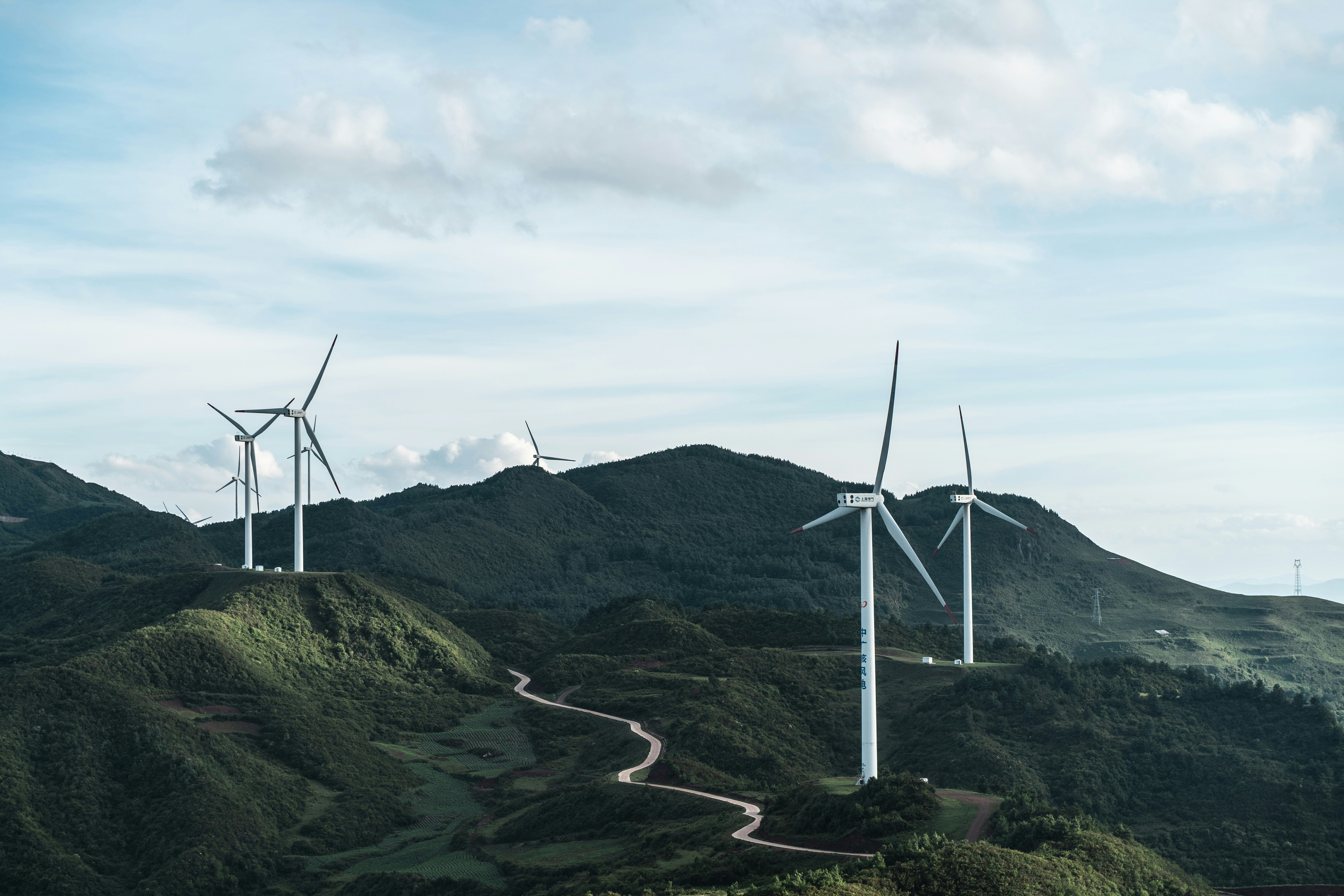Statkraft Reassesses Renewable Energy Expansion Plans Due To Economic Strain

Statkraft, Europe’s leading renewable energy producer, has decided to scale back its plans for new wind and solar power projects. This significant decision comes in response to economic pressures, including lower electricity prices and higher operational costs, which have created a challenging environment for new investments in renewable energy.
Background of Statkraft
Statkraft, headquartered in Norway, has been at the forefront of Europe’s renewable energy sector. Known for its substantial investments in wind and solar power, the company has played a pivotal role in the continent's transition to sustainable energy. With a diverse portfolio of renewable energy assets, Statkraft has been a key driver of growth and innovation in the industry.
Economic Challenges Faced
The current economic environment presents several challenges for the renewable energy sector. Lower electricity prices, driven by increased supply and heightened market competition, have reduced the revenue potential for new projects. At the same time, the costs of materials, labor, and project development have risen significantly. This combination of lower revenues and higher expenses has strained the financial viability of ambitious expansion plans.
Statkraft's Strategic Adjustment
In response to these economic challenges, Statkraft has decided to reassess and scale back its growth plans for wind and solar projects. Several large-scale projects across Europe will be affected by this decision. CEO Christian Rynning-Tønnesen explained the rationale behind the adjustment, stating, “The current economic conditions necessitate a more cautious approach to our expansion plans. By scaling back, we aim to ensure financial sustainability while continuing to support our existing renewable energy projects.”
Implications for the Renewable Energy Sector
Statkraft’s decision to scale back its expansion plans has broader implications for Europe’s renewable energy goals. The delay in developing new wind and solar projects could slow down the continent's progress towards its renewable energy targets. Other renewable energy producers might face similar economic pressures, leading to a more cautious approach across the sector. The need for substantial capital investments and financial resilience becomes more apparent in this challenging economic climate.
Future Outlook
Despite the current economic challenges, Statkraft remains committed to maintaining financial sustainability and supporting its existing renewable energy projects. The company plans to continue investing in its current portfolio while carefully evaluating new opportunities. In the long term, Statkraft envisions a gradual expansion in renewable energy capacity, aligning with market conditions and ensuring a balanced approach to growth.
Conclusion
Statkraft's decision to scale back its wind and solar expansion plans highlights the need to balance growth with financial stability in the renewable energy industry. The current economic conditions, characterized by lower electricity prices and higher costs, have necessitated a strategic adjustment. As Statkraft navigates these challenges, the broader renewable energy sector must also adapt to ensure continued progress towards sustainable energy goals. The future of renewable energy investments will require careful planning and resilience to navigate economic uncertainties.
Author: Ricardo Goulart
Copper's Comeback: Inside BHP And Lundin's Argentine Asset Acquisition
Copper, often dubbed "the metal of electrification," is experiencing a resurgence in demand due to its critical role in ... Read more
Revitalizing Commodities: How Clean Energy Is Breathing New Life Into A Stagnant Market
The commodities market, traditionally a cornerstone of investment portfolios, has experienced a decade of stagnation. Ho... Read more
European Airports Disrupted By Escalating Climate Protests
Climate activists have escalated their protests at European airports, blocking runways and causing flight disruptions in... Read more
Hungary's Russian Oil Dilemma: Why Brussels Is Cautious In Offering Support
Hungary's reliance on Russian oil has led it to seek support from Brussels to ensure continued access to this crucial en... Read more
Unveiling China's Secret Commodity Stockpiles: What Lies Ahead?
Xi Jinping's extensive reserves of grain, natural gas, and oil hint at future challenges.In a move shrouded in secrecy, ... Read more
Copper Miners Brace For Industry Overhaul As End Users Seek Direct Deals
The copper mining industry is bracing for a significant overhaul as end users, including cable manufacturers and car com... Read more

